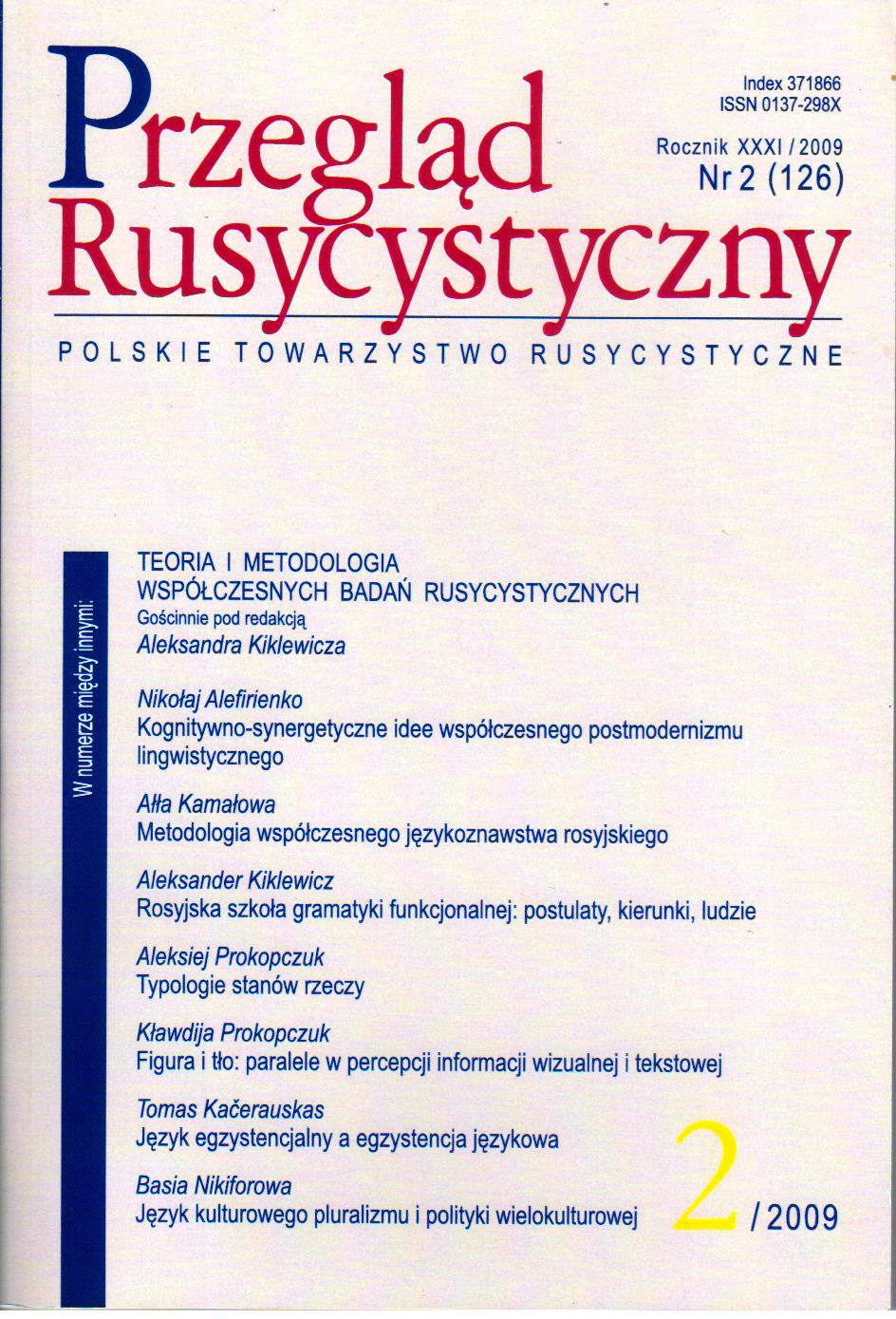Z historii badań nad zawartością materiału leksykalnego dla potrzeb nauczania języka rosyjskiego jako obcego
The history of the rationalization of the lexis in teaching Russian as a foreign language
Author(s): Joanna Ewa DanielSubject(s): Language studies, Language and Literature Studies, Education, Foreign languages learning, Language acquisition, Eastern Slavic Languages, Philology
Published by: Polskie Towarzystwo Rusycytyczne
Keywords: Russian language; foreign language teaching; education; dictionaries; teaching process; history of education
Summary/Abstract: The article touches upon the history of the rationalization of the lexis in teaching Russian as a foreign language. The presumption that in the initial stage of teaching a language it is necessary to select the lexis in the specified way has had a very long history. However, the rules how to select the lexis has changed many times over years. In the 50’s of the 20th century one of the main scientific criteria was the frequency of the word usage. Since then the research over the creation of the lexical minimum (basic word list) has been conducted in two directions. The first one focused on working out frequency dictionaries whereas the other centered on the creation of the lexical minimum for the primary schools. It is essential to emphasize that every lexical minimum should be created properly with regard to the aims and the syllabus of many learners and taking into account word frequency but first and foremost it ought to reflect the system of the Russian language.
Journal: Przegląd Rusycystyczny
- Issue Year: 2007
- Issue No: 117
- Page Range: 114-123
- Page Count: 10
- Language: Polish

